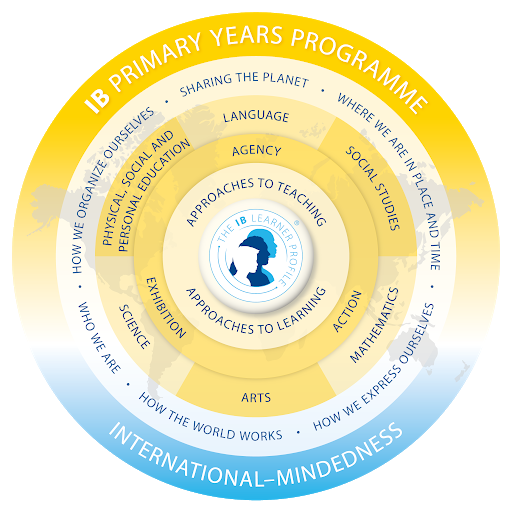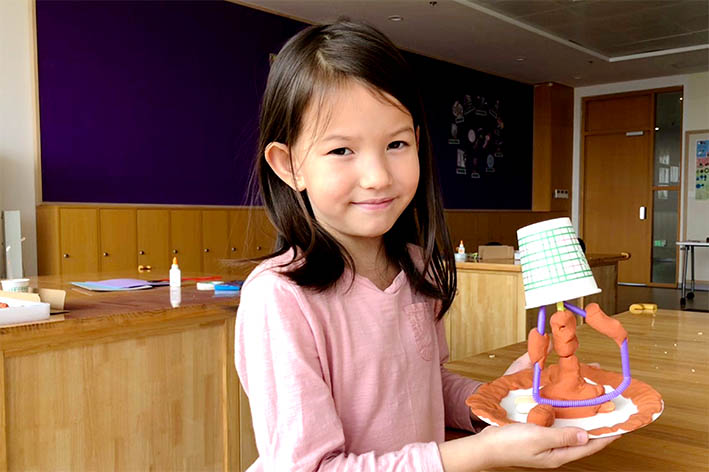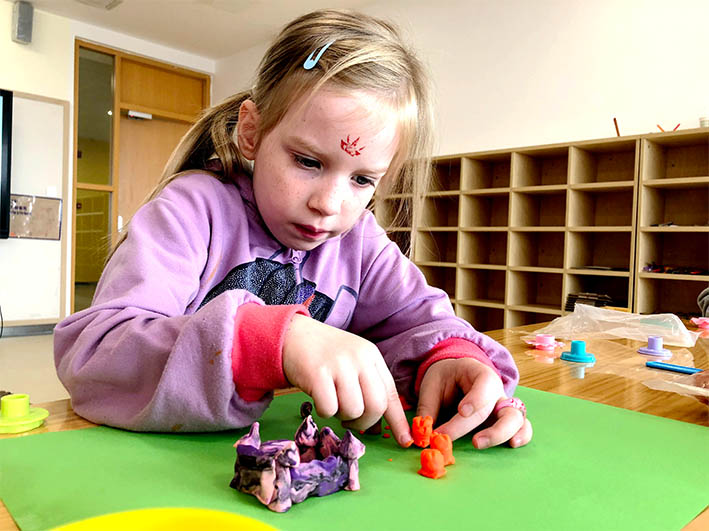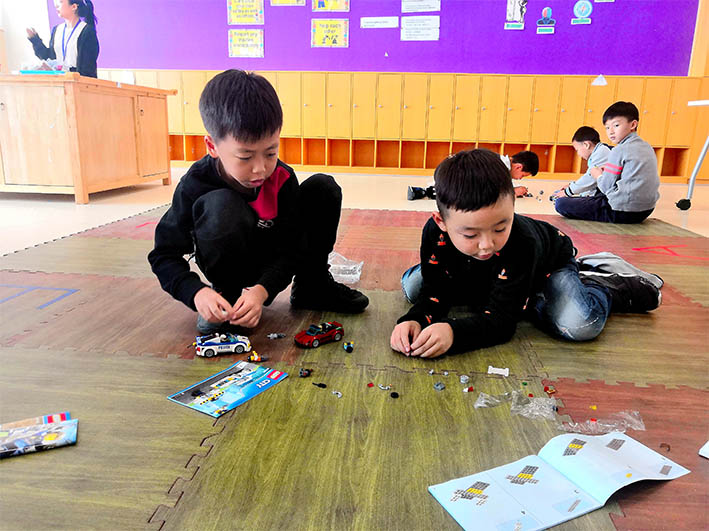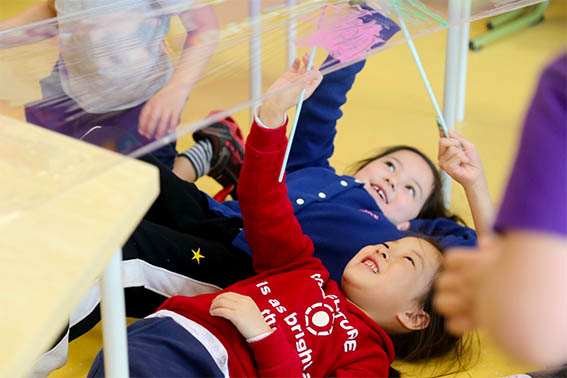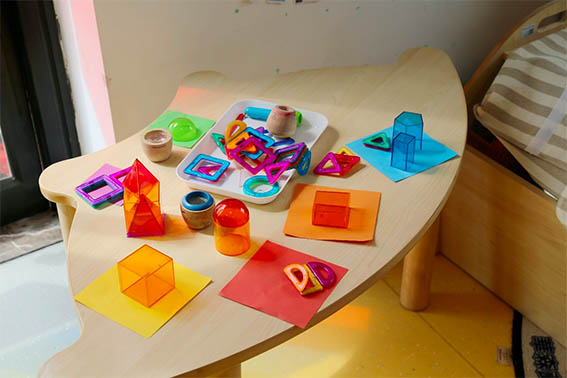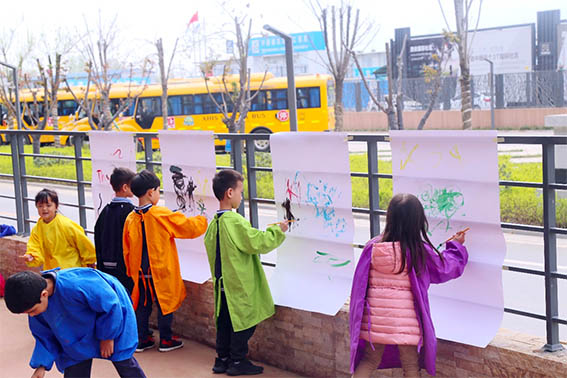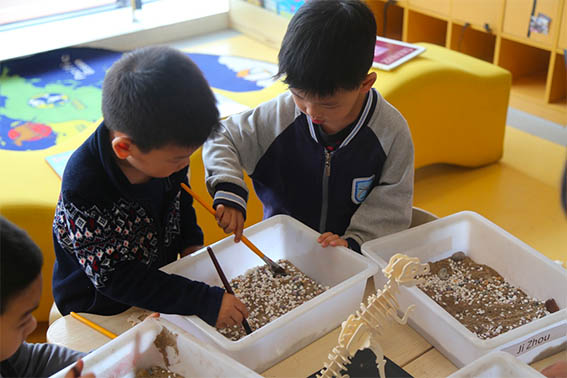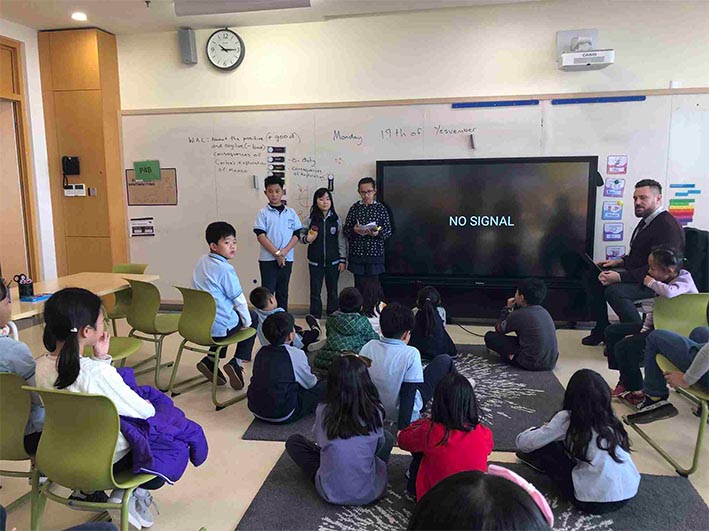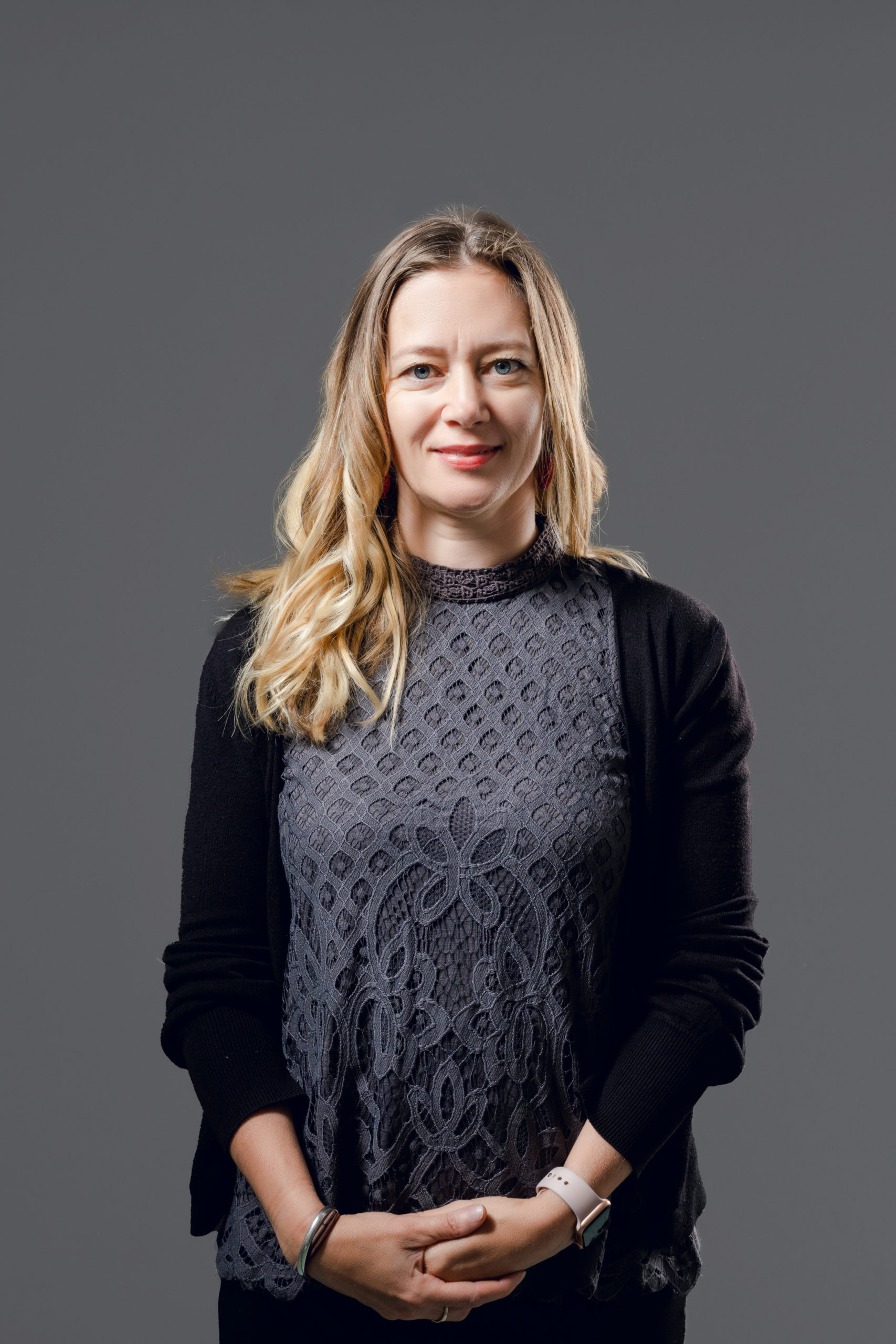
Welcome to Xi’an Liangjiatan International School (XLIS), and thank you for your interest in one of the most attractive and ambitious schools in Xi’an. Greetings, and welcome to Xi’an Liangjiatan International School. My name is Marly Song, the primary principal, please read below how our early years is a unique setting where our students are enquirers and learn through play.
At XLIS our Early Years Education is inspired by the Reggio Emilia educational philosophy. The Reggio Approach sees children as inquisitive individuals with the power and ability to learn from their environment and relationships.
We encourage our students to become inquirers as they journey through four units of inquiry: Who We Are, How We Express Ourselves, How the World Works, and Sharing the Planet. One important aspect of Reggio is that children are encouraged to explore their learning environment through their senses, using the environment as their third educator (alongside parents and teachers). Our learning spaces are filled with real-world items, natural materials, and loose parts. As the children engage with the environment they let their play, imagination, and interests direct their learning. In this way, they become open-minded and knowledgeable about the world around them.
Each child is a unique individual. Listening to the voice of the child is at the center of the Reggio Approach. As educators, we listen to the children’s interests, questions, and observations, and use their voices to shape our learning together.
The Reggio ethos of “100 languages” values the many different ways children express themselves. We see our students as communicators, allowing them to express themselves creatively through play, art, music, and movement. The Reggio Approach encourages children to be risk-takers. This is why we value our outdoor environment where the children interact with nature, test their limits and extend their learning.
Our students also challenge themselves to use their developing language skills and try many new experiences.
ECEA Teacher
Ms. Mim Griffin






